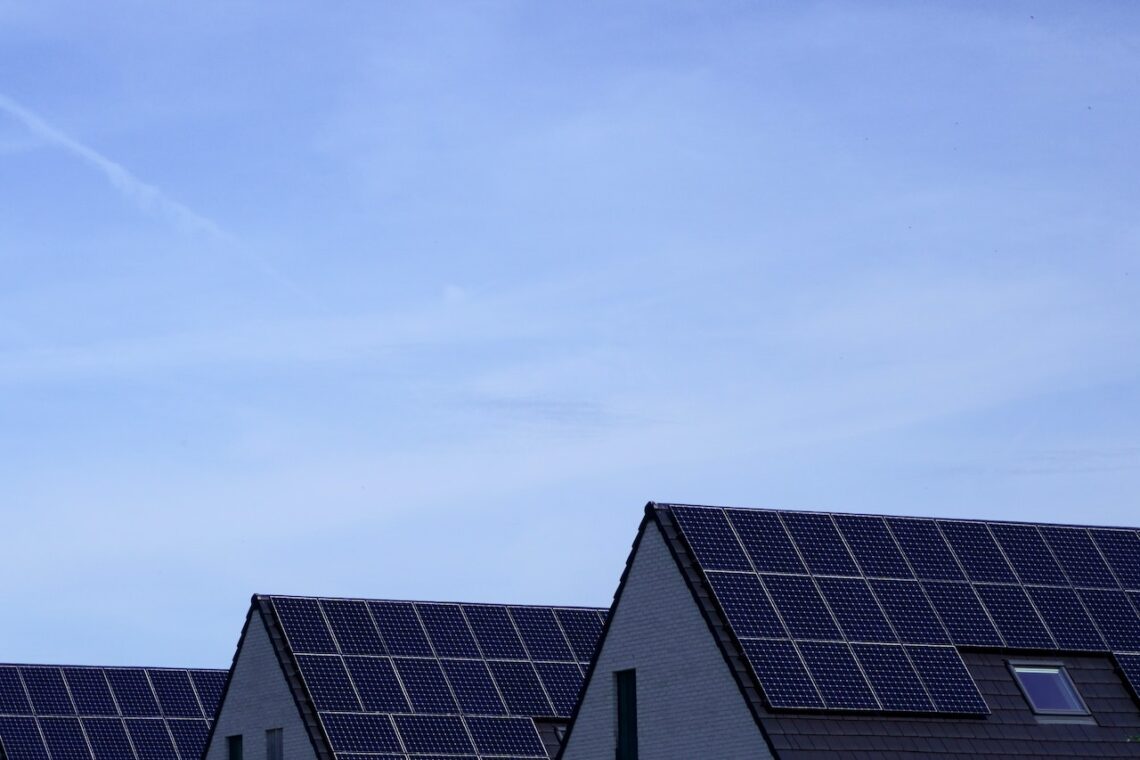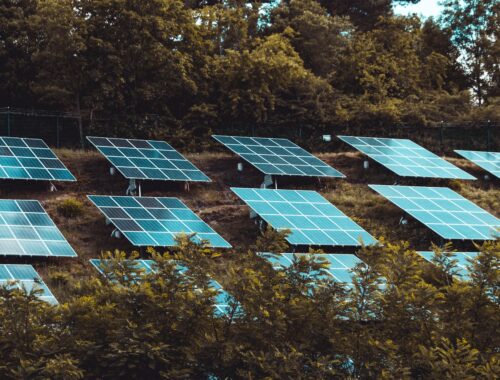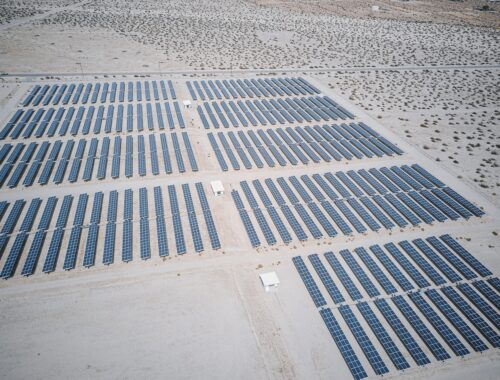
Is solar energy free?
Solar energy is often touted as a “free” source of energy, but is this really the case? The answer to this question is both yes and no. On one hand, the energy from the sun is indeed free, as it is a naturally occurring resource that does not require any inputs or fuels to generate. On the other hand, there are costs associated with capturing and using this energy, such as the cost of equipment, installation, and maintenance.
In order to capture and use solar energy, you need to have a solar energy system installed on your property. This typically involves purchasing and installing solar panels, inverters, batteries, and other components, which can be a significant upfront investment. The cost of a solar energy system can vary widely depending on the size of the system, the type of equipment used, and the location of the system, but it is typically several thousands of dollars.

In addition to the upfront costs of installing a solar energy system, there are also ongoing costs associated with maintaining and repairing the system. These costs can include the cost of batteries, inverters, and other components, as well as the cost of labor and materials for maintenance and repairs. These costs can add up over time, and they can impact the overall cost-effectiveness of a solar energy system.
It is also worth noting that while the energy from the sun is free, there may be costs associated with connecting a solar energy system to the grid. In some cases, there may be fees for interconnection, as well as fees for metering and billing, that are associated with using the grid. These fees can vary widely depending on the location and the local regulations, and they can impact the overall cost-effectiveness of a solar energy system.
Despite the costs associated with using solar energy, many people find that it is still an affordable and cost-effective source of energy. This is because the cost of solar energy has been decreasing in recent years, and it is becoming increasingly competitive with traditional sources of energy, such as coal, oil, and natural gas. In addition, the use of solar energy can help to reduce energy bills, providing a more stable and predictable cost of energy over time.
Another important factor to consider is that the use of solar energy can help to reduce greenhouse gas emissions, and it can help to mitigate the impacts of climate change. By using clean, renewable energy, you can help to reduce your carbon footprint, and you can help to create a more sustainable future. This can be especially important for those who are concerned about the environment and the future of the planet, and who want to make a positive impact on the world.
It is also worth mentioning that by using solar energy, you can take advantage of the benefits of net metering. Net metering is a billing arrangement that allows you to receive credit for the excess electricity that you generate from your solar energy system. This excess electricity is typically fed back into the grid, and you receive credit for the energy that you generate. This can help to offset the costs of using electricity from the grid, and it can make your solar energy system even more cost-effective.
Another important factor to consider is the long-term cost savings of using solar energy. While the upfront costs of installing a solar energy system can be substantial, the long-term cost savings can be significant. This is because solar energy systems have a long lifespan, and they are designed to last for many years. In addition, solar energy systems require relatively low maintenance, which can help to reduce the ongoing costs of using the system.
It is also worth mentioning that by using solar energy, you can reduce your dependence on traditional sources of energy, such as coal, oil, and natural gas. By using clean, renewable energy, you can reduce your dependence on finite resources, and you can help to ensure a more stable and sustainable energy future. This can be especially important for those who are concerned about energy security, and who want to ensure a stable and predictable source of energy for themselves and for future generations.
It is also worth mentioning that by using solar energy, you can take advantage of the benefits of net metering. Net metering is a billing arrangement that allows you to receive credit for the excess electricity that you generate from your solar energy system. This excess electricity is typically fed back into the grid, and you receive credit for the energy that you generate. This can help to offset the costs of using electricity from the grid, and it can make your solar energy system even more cost-effective.
Another important factor to consider is the long-term cost savings of using solar energy. While the upfront costs of installing a solar energy system can be substantial, the long-term cost savings can be significant. This is because solar energy systems have a long lifespan, and they are designed to last for many years. In addition, solar energy systems require relatively low maintenance, which can help to reduce the ongoing costs of using the system.
It is also worth mentioning that by using solar energy, you can reduce your dependence on traditional sources of energy, such as coal, oil, and natural gas. By using clean, renewable energy, you can reduce your dependence on finite resources, and you can help to ensure a more stable and sustainable energy future. This can be especially important for those who are concerned about energy security, and who want to ensure a stable and predictable source of energy for themselves and for future generations.
In conclusion, while the energy from the sun is indeed free, there are costs associated with capturing and using this energy. The cost of a solar energy system can be a significant upfront investment, and there are ongoing costs associated with maintenance and repairs. However, despite these costs, many people find that solar energy is still an affordable and cost-effective source of energy, and that it offers a number of benefits, including reduced energy bills, reduced greenhouse gas emissions, and improved energy security. Whether solar energy is “free” or not depends on a number of factors, including the cost of equipment, installation, and maintenance, as well as the costs associated with using the grid and the benefits of using clean, renewable energy.
You May Also Like

Solar Power in Space Exploration: Applications and Challenges
August 25, 2023
Solar Power in Developing Countries: Promoting Energy Access
June 15, 2023

